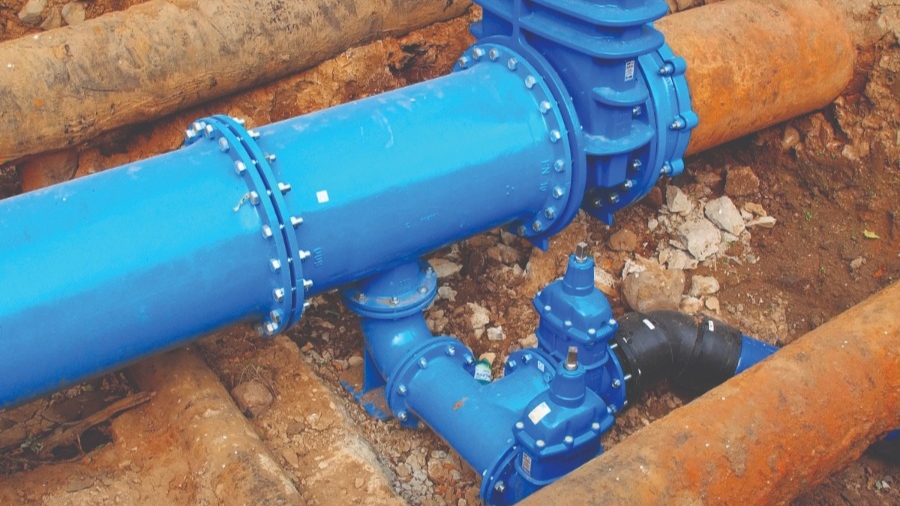According to Digging up Britain 2022, the UK’s safe digging community has never been stronger, with 84 percent of all projects now preceded by a search for underground pipes and cables.
The annual safe digging report by LSBUD reveals that a record-breaking 3.4 million search enquiries passed through its collaborative portal in 2021, equating to a search being placed every six seconds.
Despite these unprecedented numbers, the water sector remains the most vulnerable to asset strikes and associated leakage, and customer supply interruption. That’s because just 15 percent of water companies share their asset information via the LSBUD portal, meaning up to 350,000 kilometres of water pipelines across the UK are currently unprotected. Not only is this a substantial figure, but when compared to its gas and electricity provider counterparts, who boast 90 and 92 percent representation respectively, water companies are lagging a long way behind.
Richard Broome, MD at LSBUD, comments: “It is great to see so many searches being made. In 2021, we witnessed a ten percent increase on the previous year, which clearly shows that safe digging practices are more resolutely on the agenda than ever before.
“However, many water companies are missing out on benefit of all this searching, by not having their assets registered on the portal. Those water companies that are on our system, like Portsmouth Water, are seeing enjoying greater network resilience, reduced leakage and fewer unplanned interruptions. It’s time others in the sector followed their lead.”
Interestingly, the water industry is acutely aware of the need to perform asset searches. In the Digging up Britain report it ranks as the second most active sector, behind telecoms, when it comes to searching before digging. Indeed, water companies and their contractors accounted for 914,886 requests in 2021. This was an 11 percent increase on the previous year and accounted for 27 percent of all searches performed in 2020.
The Digging Up Britain report also explores the reason why excavation work is taking place. As expected, utility works top the list with more than 2.7 million searches, which is expected given the volume of telecoms and water works needing to be carried out. However, in 2021 six percent of all searches (157,428) made came from private individuals. This is a 25 percent increase on the previous year and highlights a surge in consumer awareness, as well as a rise in domestic works projects, which have increased by 83 percent. Agriculture also saw a substantial increase over the year, with the total number of searches increasing from 3,446 to 6,067 – a massive 76 percent boost.
Richard adds: “Reaching consumers with educational messages about safe digging practices has historically been very difficult. Over the last few years, we have seen gradual change, but to have a 25 percent rise in searches coming from the general public and a 76 percent increase from farmers, is a seismic shift.”
The Digging up Britain data shows that searching on LSBUD’s portal before digging has become a habit. “Not only is it common practice across industries, but it is now much more common amongst the general public and highly vulnerable groups, such as farmers too, which is great to see. This is why we urge the water industry to get on board and make their infrastructure information available. By having a full understanding of what lies beneath the ground, we can end needless strikes and avoid unnecessary accidents. Those that do will be able to increase network resilience, reduce leakages and mitigate unplanned interruptions. It is that simple.”



